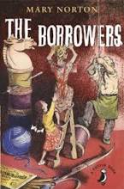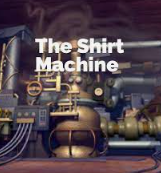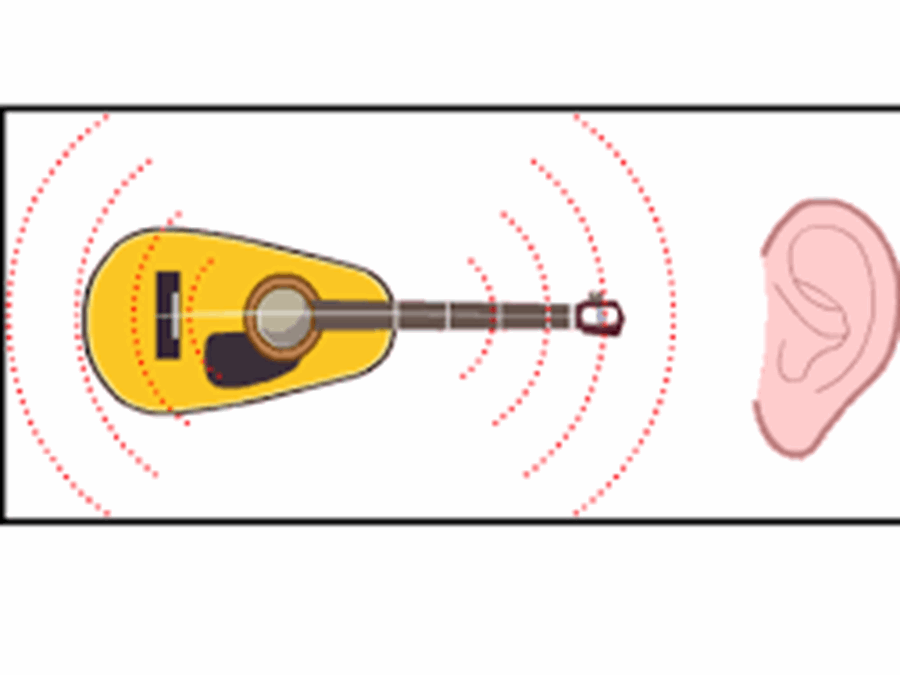
Welcome to Year 4 Willow Class
On this page, you can read about the staff working with your children, find out what topics are being covered and find useful information for supporting your child at home. These pages will be updated regularly. You will also find photographs of your children at work!
September 2024
Welcome to your new class- we hope you had a lovely break and we are looking forward to a great first term with you all.

Year 4 Book Map
Term 1
Our first text this year is The Butterfly Lion by Michael Morpurgo. This is a moving tale of a young boy growing up in Africa, and his lifelong friendship with a white lion. We follow the friendship over the years, seeing them separated for many of these and finally reuniting. The story involves themes of friendship, resilience and freedom.
Term 2
Our class text this term is How to Train Your Dragon by Cressida Cowell.
This is an adventure story set in a fictional Viking world. It is the first book in a series of 12 and they focus on the experiences of Hiccup Horrendous Haddock the Third (son to the chief Viking) as he overcomes obstacles on his journey of "becoming a hero the hard way". This text has been chosen for its fantastic description, humour and use of Year 4 writing objectives, such as expanded noun phrases and adverbs.
If you enjoy this book, here are some suggestions of other books you might like to read.

Term 3
This term, we are reading the classic children's novel, The Borrowers, by Mary Norton. It features a family of tiny people who live secretly in the walls and floors of an English house, who "borrow" from the big people in order to survive.
It is a humorous story, but also has themes of collaboration and resilience when the family need to work together to survive.
Term 1
We will start this term writing autobiographies. Our main focus is to ensure we structure our sentences accurately with capital letters and full stops. We will then build on this by adding conjunctions to connect our sentences.
We will also be writing setting descriptions of an African landscape. Our focus will be using adventurous vocabulary, with a particular focus on expanded noun phrases to set the scene for the reader.
Towards the end of term, we will be learning to write diary entries as we put ourselves in the shoes of 'Anglo-Saxon Boy'.
Spellings:
We are following the Read, Write Inc Scheme which has a different focus each week. The children get to practise their new skills in a number of separate lessons across the week.

Term 2
We will start this term looking at a film clip of a journey through a Viking village. We will be using adjectives to create expanded noun phrases and learning about how to add prepositions to explain where something is. These will then be used to create our own setting and character descriptions. We will also be linking this with our class text of How to Train Your Dragon.
Towards the end of the term, we will be writing newspaper articles all about the battle of Hastings. This is when William the Conqueror won the battle and became king and put an end to the Anglo-Saxon/Viking rule. This will include learning how to write direct and reported speech and ensuring our writing is formal.

Term 3
We will be using 'The Shirt Machine' as inspiration for designing our own inventions. We will use these to create a set of instructions to use our machine. We will then be creating a persuasive advert to persuade someone to buy our new product. Following on from this, we will be continuing to use our persuasive language to write a letter to persuade a company to buy and sell our new invention to their customers.
Towards the end of the term, we will be writing a setting description and diary entries from the perspective of a Borrower. This will be creative writing, using adjectives, adverbs and expanded noun phrases.
Term 1 - Place value
Our main focus in maths this term is Place Value.
We are learning to identify the value of each digit within a number, place numbers up to 10,000 on a number line and rounding numbers to the nearest 10, 100 and 1000. We will be using a range of resources to support understanding of place value.
To support with this at home, children can continue to practise these strategies by logging on to IXL and TTRockstars.

Term 2
We will begin with adding and subtracting numbers with up to 4 digits. Within this, we will look at formal written methods for these calculations, as well as learning how to estimate and use the inverse to check answers. We will also learn about mental strategies we could use to be more efficient with our calculations.
Towards the end of term, we will be learning to use formal written methods to multiply and divide numbers. Within this unit, we will continue to practise strategies for learning multiplication and division facts up to 12 x 12. We will also be linking this knowledge with understanding how to find the area of a shape.

Term 3
We will start this term learning how to read and write the time using analogue and digital clocks. We will also learn how to convert the time between 12 and 24-hour clock.
We will also be learning to use formal written methods to multiply and divide 2 and 3 digit numbers. We will use our knowledge of the times tables up to 12 and apply these to bigger numbers.

Sound
This term we will be learning all about sound. We will be investigating how a sound travels to your ear. We will also investigate how loud and quiet sounds are made as well as setting up our own enquiry to find out what happens to a sound the further away from the source you are and why.

Electricity
We will be learning all about which appliances run on mains electricity and which appliances are battery-powered. We will be making our won circuits and testing whether we can make a light bulb light up when our circuit is complete. Towards the end of the term, we will be investigating whether different materials are conductors or insulators of electricity by testing whether or not the lightbulb in a circuit still turns on.

Animals including humans
During this topic, we will be investigating the different types of teeth found in the human mouth and the functions of each. We will then be learning about what happens to food when it is swallowed the system of digestion.
We will also be using food chains to find out all about predators and prey. As part of this, we will investigate which animals are carnivores, herbivores or omnivores.

what main changes were made during anglo-saxon rule?
We will be learning about the 7 kingdoms named by the Anglo-Saxons when they defeated Britain and how many of them are still used as our county names today. We will explore the reasons for the Anglo-Saxons staying in Britain after defeating the king and his army. We will also investigate how people's lives changed when they first brought Christianity over from Northern Europe. We will finish our topic investigating just how great Alfred the Great really was.

Vikings - Explorers or Villains?
Our topic in term 2 is the Vikings. We will be learning all about where they came from and how they travelled over to Britain on longboats. We will also be finding out about some of the battles they had against the Anglo-Saxons in the fight for land in England. Throughout the topic, we will be using evidence to help us answer our Big Question of 'Vikings - Explorers or Villains?'

Why do some people think life is a journey?
The three main religions we will be covering within this unit are Christianity, Hinduism and Judaism. We will be discussing what we think is meant by life being a 'journey' and reflecting on our own life journeys since birth. We will be finding out what happens at a Christian baptism and why this is important in their faith. We will also find out about Jewish Bar and Bat Mitzvahs which is ceremony performed and celebrated when they turn a particular age.